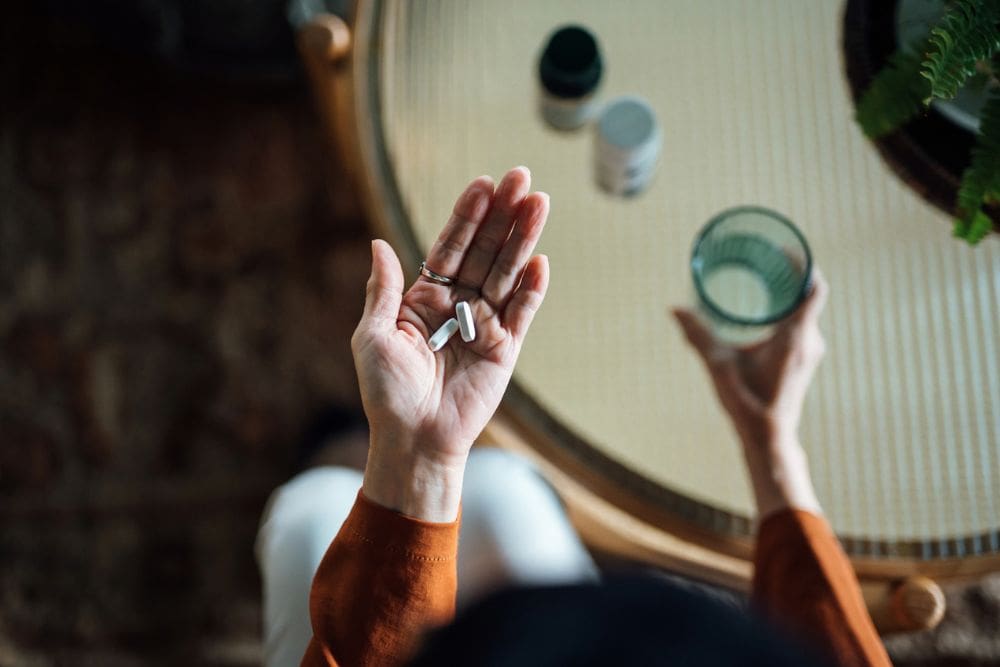Between personal ups and downs, political upheaval, and an incredibly disruptive pandemic, most Americans suffer a substantial amount of anxiety and insomnia.
It’s common knowledge that we have a notoriously heavy workload. We operate with renowned ambition. Many of us succumb to the cultural tendency to bite off more than we can chew in almost every aspect of our waking lives. Therefore, it’s no surprise that drugs of the benzodiazepine class, sedatives that include anti-anxiety medication, are prescribed to 27 out of 100 adults at office-based doctor visits per year in the United States.
Valium belongs to this drug class. Valium is the brand name for diazepam, and a doctor may prescribe it to treat a variety of disorders, including anxiety, muscle spasms, seizure, and alcohol withdrawal.
How does Valium work?
Often, when we suffer from anxiety, physical pain, or insomnia, our brains experience active and incessant neural firings. We have a swarm of stimulating brain activity going on, and that might make relaxing or falling asleep an arduous or impossible task. Valium works by decreasing these neural firings.
Valium has an immediate onset. Within 15 minutes, a person can begin to note its soothing effects.
What are the side effects of Valium?
As with all prescription drugs, Valium comes with a warning label. It can cause drastic changes in appetite, sex drive, energy levels, and attention span, among other things. Valium can be a lifeline for those suffering from acute anxiety or insomnia, and if it is used exactly as prescribed, it is considered safe. But because it is a strong medication with potential for causing dependence to develop in the user, most doctors prescribe it only for short time periods.
Is Valium addictive?
Problems with dependence and addiction arise when Valium is taken for an extended period of time at a higher dosage than prescribed. If someone who takes Valium is also using alcohol or other substances, or if they have a history of mental health disorders, Valium can become especially problematic. The person may start “doctor shopping” or trying to obtain extra prescriptions in other ways. They may prioritize Valium use over their relationships and responsibilities.
Misusing Valium can lead to addiction, making it difficult to stop taking the drug because of psychological and physical dependence. Valium withdrawal can cause, ironically, anxiety, insomnia, and muscle spasms, along with a host of other problems.
While Valium is one of the safer benzodiazepines on the pharmaceutical market and can be valuable when taken for short time under a doctor’s guidance, it has the potential, like any benzodiazepine, to be vicious when abused–and it can be especially dangerous when mixed with alcohol and illicit drugs.
If you or a loved one think you may have developed an addiction to Valium or another benzodiazepine, you don’t have to feel ashamed or embarrassed. At St. Gregory Recovery Center, we will offer compassion and evidence-based treatment–not judgment. We can also offer alternative ways to treat the underlying issues that led to your Valium use. Give us a call today to talk with an admissions counselor about your particular situation.




